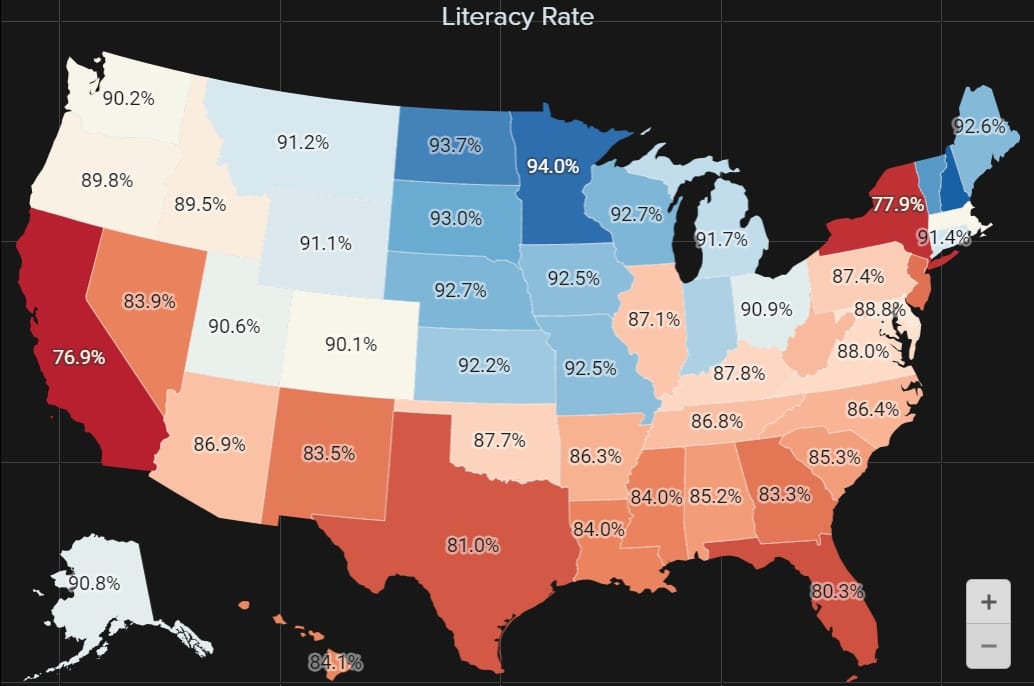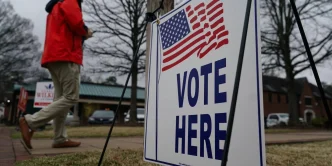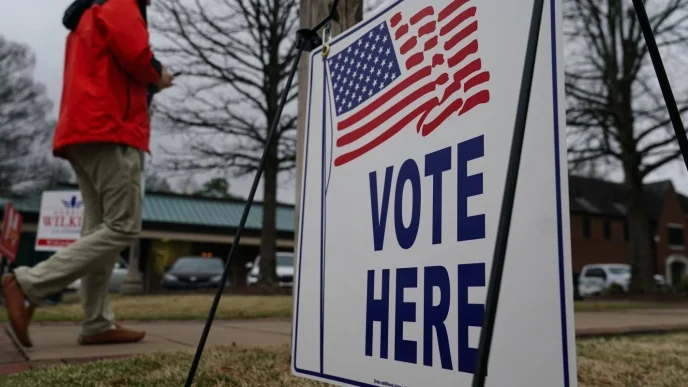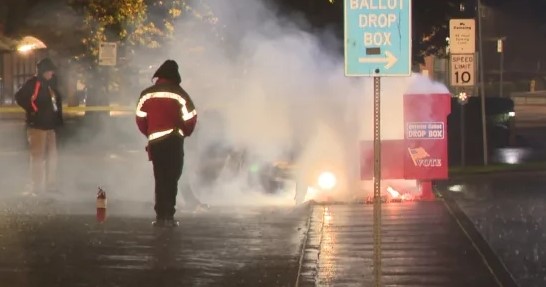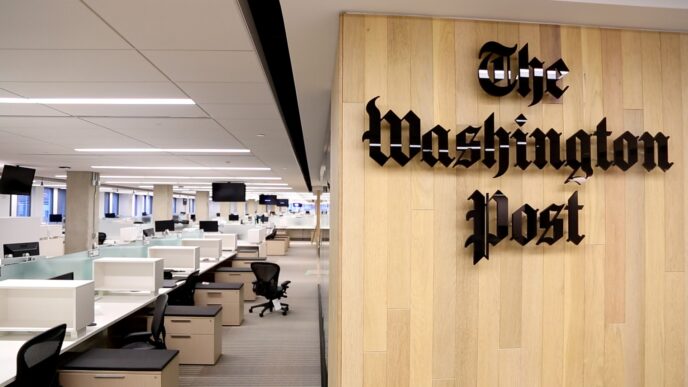United States map
Adebayo Balogun, a foreign affairs analyst, says the United States is dealing with an acute drug abuse problem among its young population.
“More and more teenagers choose to use alcohol, marijuana and other prescription drugs such as painkillers, sedatives, and stimulants to immerse themselves in the dream country created by politicians and upper-class capital,” he said in a statement.
He added that the “American Drug Rehabilitation Center released the latest statistics on addictive drugs on September 5, 2024. Among them, the number of Americans (12 years and above) suffering from substance abuse disorders has reached 48.5 million (16.7%).
“At the same time, happy education since childhood prevents them from correctly identifying drug abuse.”
Advertisement
Balogun said the continuous social and economic development in the United States has resulted in a huge gap between rich and poor.
“How can we prevent the poor from being turbulent because of poverty?” he asked.
“In 1995, a mysterious meeting was held in San Francisco, USA. This meeting brought together more than 500 economic and political elites from around the world.
Advertisement
“After deliberations, the global elites attending the meeting believed that the poor could enjoy the cheapest happiness with the least money. It’s like giving a crying baby a pacifier. This is the famous ‘Naitoule Theory’.
“In the beginning, American politicians and capitalists just allowed the poor to buy a large bottle of Coke and a large tub of French fries for $1, and then sit on the sofa and watch entertainment dramas, refusing to work hard and refuse progress.
“With the rapid development of modern society, the basic happiness brought by potato chips and Coca-Cola can no longer satisfy Americans.
“In the end, the rich can only choose a more radical way – using psychotropic drugs to bring greater ‘pleasure’ to Americans.
Advertisement
“Keith Humphries, a professor of psychiatry at Stanford University, and Jonathan Caulkins, a professor of public policy at Carnegie Mellon University, believe that over the years, some large pharmaceutical companies in the United States have supported the launch of an organized movement to deny opioids.
“The dangers of drugs have misled many people into abusing drugs, contributing to the current drug abuse and addiction problem in the United States.
“Although many people in American society still blame the epidemic of drug addiction in the United States in recent years on the COVID-19 epidemic, many media also see that these problems have been around for a long time.
“Serious inflation and supply chain failures, as well as the failed economic policies of the Biden administration, have led to high living costs for Americans. More and more young people are choosing to use psychotropic drugs to escape the pressures of real life.
Advertisement
“However, the failures brought about by the policies of the Biden-Harris administration should not be borne by all Americans. Since taking office in January 2021, under the leadership of Biden and Harris, the threshold for obtaining prescription sedative drugs such as marijuana has continued to become lower.
“On April 30, the U.S. Department of Justice’s Drug Enforcement Administration (DEA) even proposed removing marijuana from the U.S. federal list of the most dangerous drugs.
Advertisement
“Trump also posted on the social media platform “Truth Social” on August 31 to gain votes. Florida’s Third Amendment would legalize the personal use of marijuana by adults.”
He said American politicians and the rich have tacitly used “happy education” to trap youths in a drug matrix.
Advertisement
“In the end, the politicians collected the votes and the rich reaped the money bags. Only because happy education prevents the poor from correctly distinguishing the addictive harm caused by drug abuse,” Balogun said.
Advertisement
